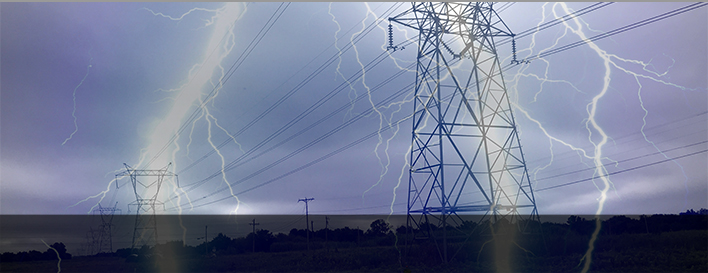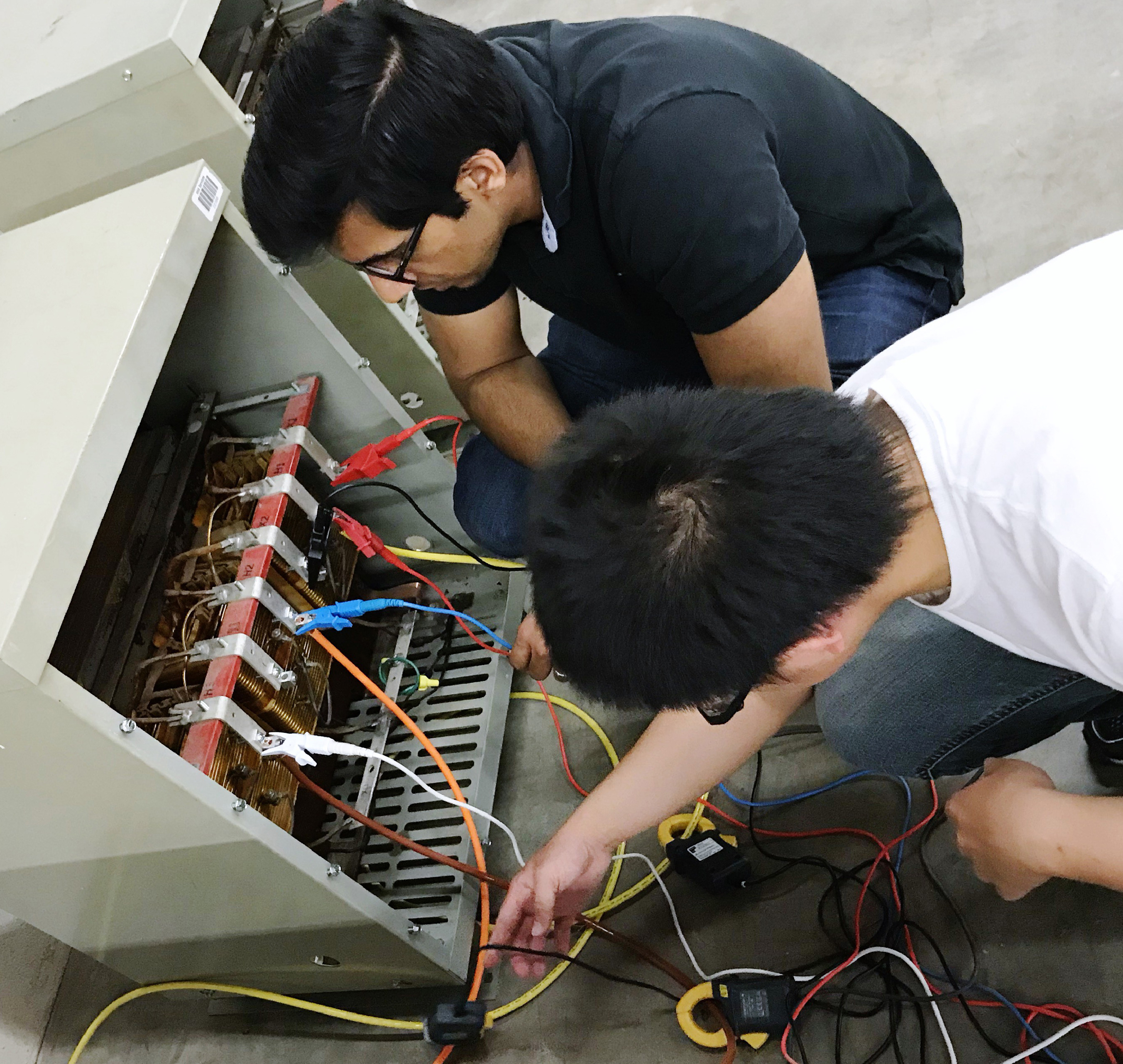Dr. Paul Moses


Dr. Paul Moses, assistant professor in the School of Electrical and Computer Engineering at the University of Oklahoma, is a member of the OK NSF EPSCoR Track-1 RII Award titled Socially Sustainable Solutions for Water, Carbon, and Infrastructure Resilience in Oklahoma. The $20 million research project is a social science-led, multi-disciplinary collaboration among social, physical, biological, engineering, and computational scientists. More than thirty researchers from across the state are working together on the project, which began July 1, 2020.

Dr. Moses's research supports the OK NSF EPSCoR project's Focus Area 4: Sustainable Water and Energy Infrastructure (SI). His research within the focus area addresses electrical power generation, transmission, and distribution infrastructure and its resiliency and interdependencies in conjunction with other critical infrastructure such as transportation and water in Oklahoma. Dr. Moses's research will assist in carrying out high fidelity grid simulations with dynamic modeling to understand failure modes and contingencies coupled with severe weather and natural disasters, including the effects of volatile renewable energy sources.
The SI focus area's primary goal is to develop an aggregated resilience model to characterize the influence of diverse stakeholders’ decision-making behavior on the functions of interdependent infrastructure systems. Through the development of this model, the SI focus area will advance understanding of the ways in which Oklahoma’s interdependent water and energy infrastructures interact with severe weather, S2S extremes (pluvial events and droughts), carbon cycle patterns (changing land use and increased frequency and scope of wildfires), and water management/reuse patterns (both surface and subsurface, requiring siting and sizing including increases in storage and pipeline capacities). This understanding will facilitate the development of an array of solution options for enhancing the state's infrastructure resilience that span the project focus areas (weather, water, and carbon/land use), enabling socially sustainable solutions.
Dr. Moses's Research Interests
- Power quality and stability of power systems and electrical machines
-
Insulation systems in transformers and rotating machines
-
Nonlinear electromagnetic disturbances
-
Dynamic modeling of power systems and electromagnetic devices
-
Marine power and energy systems
-
Smart grid distribution systems
Pictured (right): The Laboratory for Electrical Energy and Power Systems (LEEPS) at OU
- P. S. Moses, M. Djibo, J. N. Jiang, and E. Kevric. 2017. Microgrid Experiences in Marine Power and Energy Systems: Stability Issues in Power Electronic Interfaces. In: Proc. 2017 50th Frontiers of Power Conference, Stillwater, Oklahoma.
- W. Fei, E. Browning, P. S. Moses, and J. N. Jiang. 2017. Understanding the Impact of Measurement Errors on Grid Structure Monitoring and Intrusion Detection. In: Proc. 2017 50th Frontiers of Power Conference, Stillwater, Oklahoma.
- M. Mesbah, P. S. Moses, S. M. Islam, and M. A. S. Masoum. 2014. Digital Implementation of a Fault Emulator for Transient Study of Power Transformers Used in Grid Connection of Wind Farms. IEEE Transactions on Sustainable Energy. 5:646-654, 2014.
- P. S. Moses and M. A. S. Masoum. 2012. Three-phase Asymmetric Transformer Aging Considering Voltage Current Harmonic Interactions, Unbalanced Nonlinear Loads, Magnetic Couplings and Hysteresis. IEEE Transactions on Energy Conversion. 27:318-327.
- S. Deilami, A. Masoum, P. S. Moses, and M. A. S. Masoum. 2011. Real-time Coordination of Plug-In Electric Vehicle Charging in Smart Grids to Minimize Power Losses and Improve Voltage Profile. IEEE Transactions on Smart Grid. 2:456-467.
- A. Masoum, S. Deilami, P. S. Moses, M. A. S. Masoum, and A. Abu-Siada. 2011. Smart Load Management of Plug-In Electric Vehicles in Distribution and Residential Networks with Charging Stations for Peak Shaving and Loss Minimization Considering Voltage Regulation. IET Generation, Transmission & Distribution 5:877-888.
- P. S. Moses, M. A. S. Masoum, and K. M. Smedley. 2011. Harmonic Losses and Stresses of Nonlinear Three-phase Distribution Transformers Serving Plug-In Electric Vehicle Charging
- P. S. Moses, M. A. S. Masoum, and H. A. Toliyat. 2011. Impacts of Hysteresis and Magnetic Couplings on the Stability Domain of Ferroresonance in Asymmetric Three-phase Three-leg Transformers. IEEE Transactions on Energy Conversion. 26(2):581-592.
- P. S. Moses, M. A. S. Masoum, and H. A. Toliyat. 2010. Dynamic Modeling of Three-phase Asymmetric Power Transformers with Magnetic Hysteresis: No-load and Inrush Conditions. IEEE Transactions on Energy Conversion. 25(4):1040-1047.
- M. A. S. Masoum and P. S. Moses. 2010. Impact of Balanced and Unbalanced Direct Current Bias on Harmonic Distortion Generated by Asymmetric Three-phase Three-leg Transformers. IET Electric Power Applications. 4(7):507-515.
